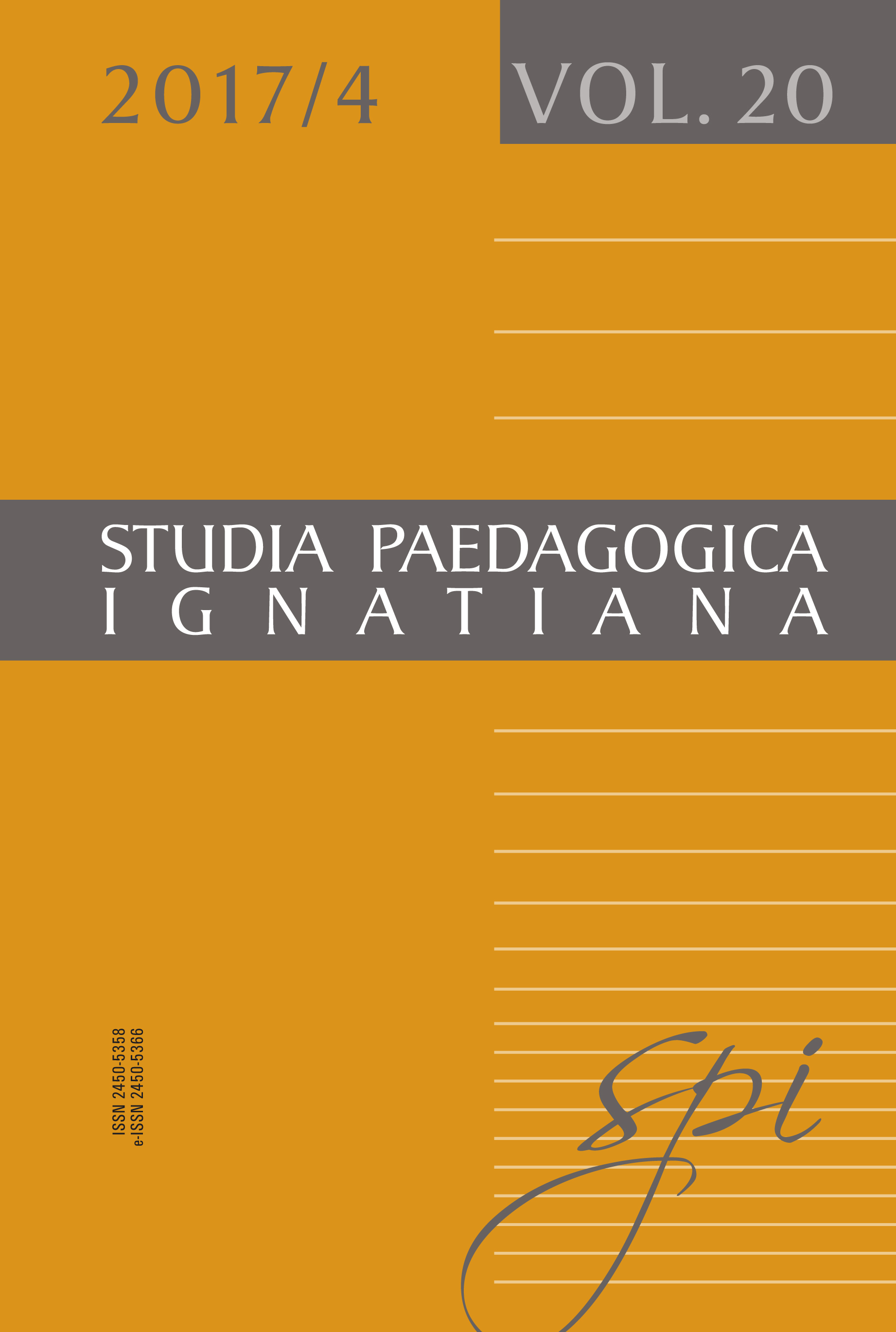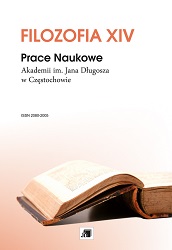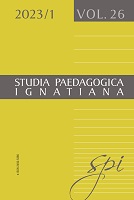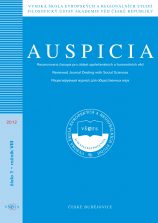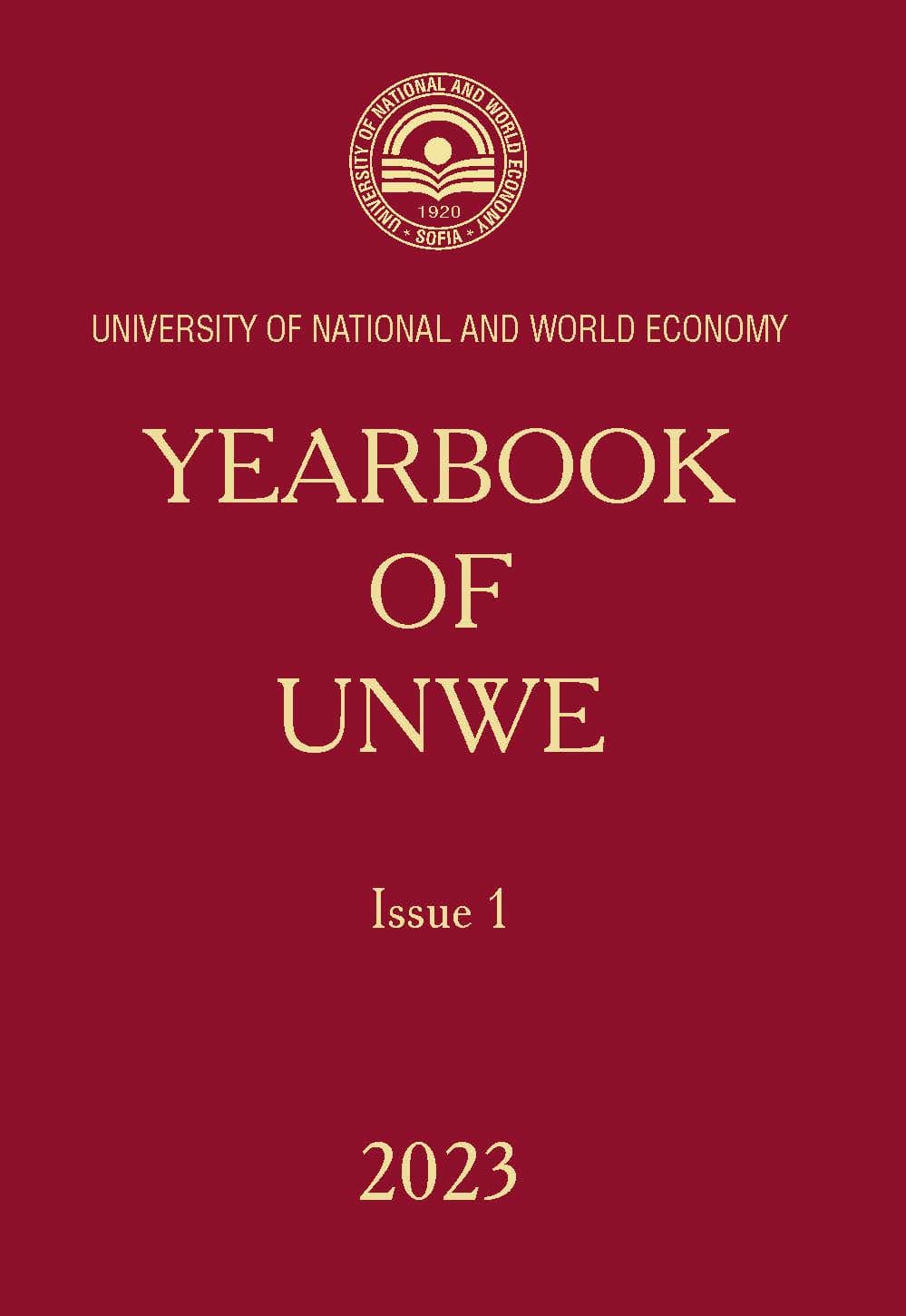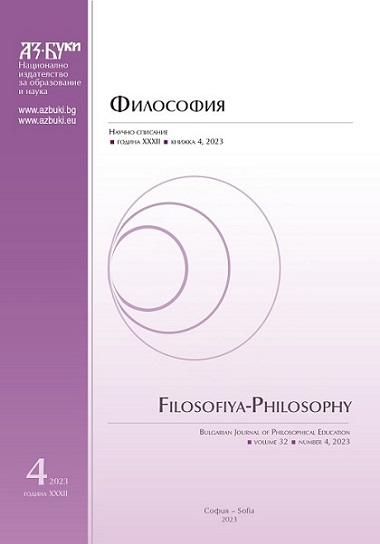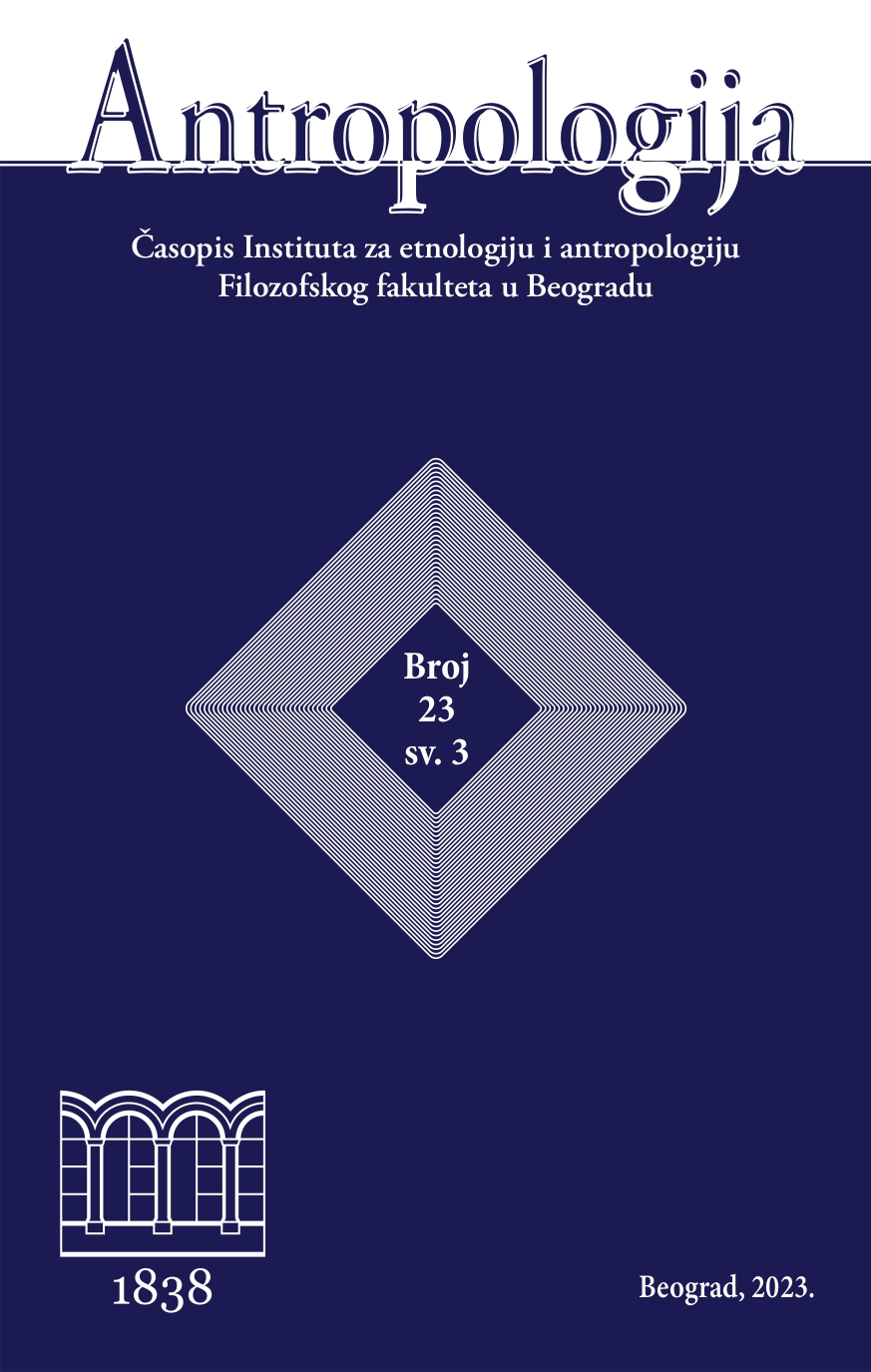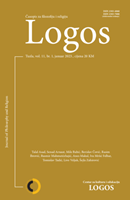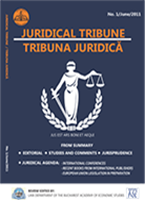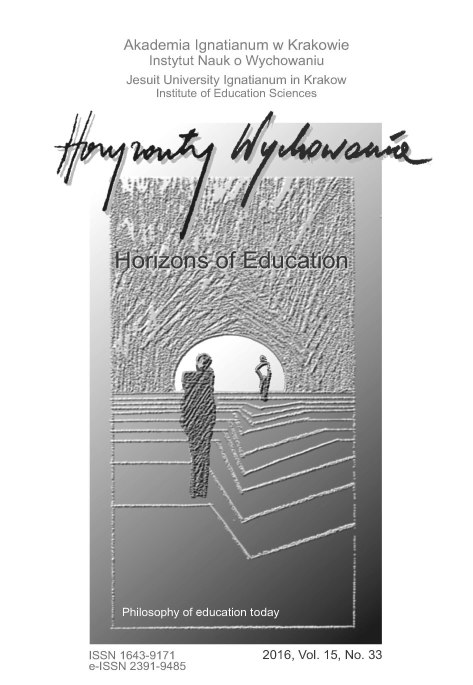
Exclusive humanism as a challenge for moral-ethical upbringing
Research Objective: The main scientific aim of article is an attempt to reconstruct the concept of contemporary Western culture, created by Canadian contemporary philosopher of religion and politics, Charles Taylor, which is the exclusive humanism. The Research Problem and Methods: The main research problem takes the form of a question about the conditions of the possibility of moral-ethical upbringing in the reality of exclusive humanism. The methodology is based on hermeneutic reconstruction, emphasizing two categories – understanding and sense. The Process of Argumentation: At the beginning, the authors present the definition of exclusive humanism, as an outlook on life, typical of the Western European culture, deprived of transcendental horizon. Then they discuss the most important features of exclusive humanism, such as an affirmation of the value of human being and subjectivization of faith (and related with it – secularization or religious pluralism) and consider, what is the importance of these processes for the young person development. Then the authors describe such features of exclusive humanism, as orientation on earthly life and minimizing suffering, noting that this outlook on life cannot provide the answers for the most difficult existential questions. The authors also highlight the bright sides of exclusive humanism, such as observed global solidarity and general willingness to help people in need. Finally, the authors draw attention to the paradox of exclusive humanism. Research Results: As a result of the analysis, the authors come to the conclusion that the exclusive humanism is an important challenge for moral-ethical upbringing. The main threats for the educational process in the exclusive humanism conditions, are the difficulties of transmitting non-material values, especially – the moral ones. Although the object of its apotheosis (human flourishing, fullness of life, self-realization) may be considered as valuable, it may paradoxically – by freeing from transcendental framework – limit human development, by withholding from him the opportunity to achieve full self-realization. Conclusions, Innovations and Recommendations: In the conclusion, the authors notes, that Charles Taylor, although a Catholic himself, when proposes a humanism open to the transcendence, he does not necessarily mean theistic perspective. Taylor’s form of humanism is compatible with a belief in God, but does not necessitate it. It necessitates an attitude of openness and willingness to leave a space for the possibility of God and a sense to life beyond the mundane.
More...
